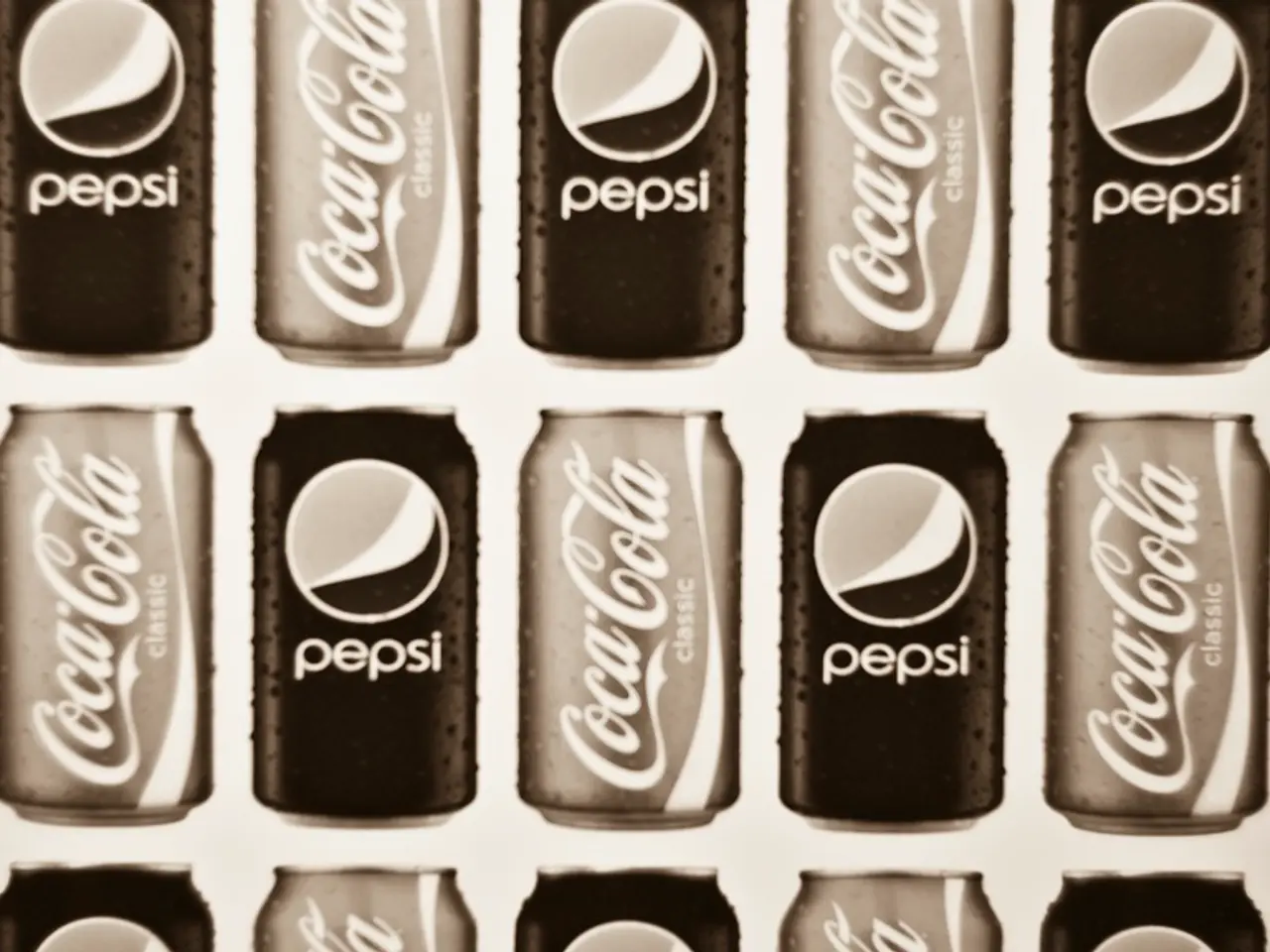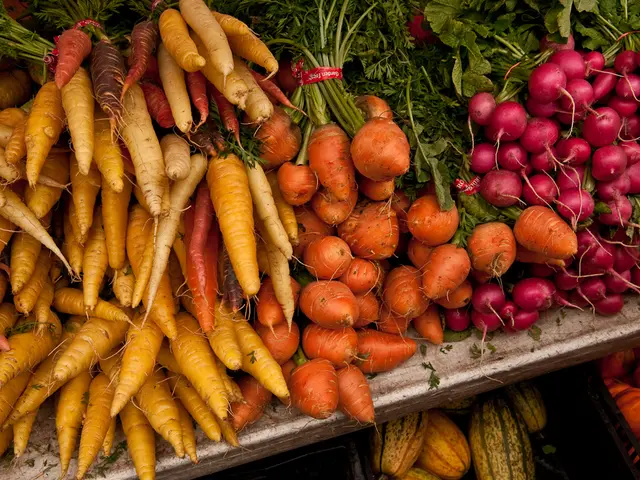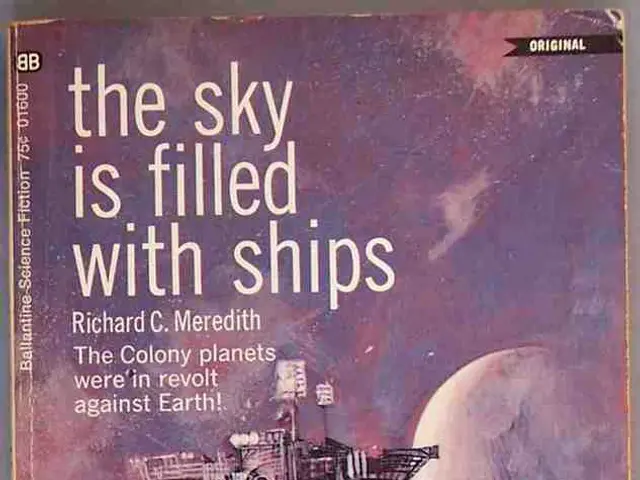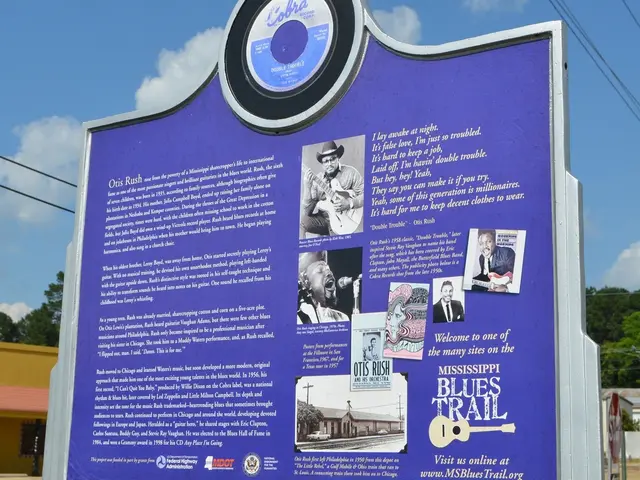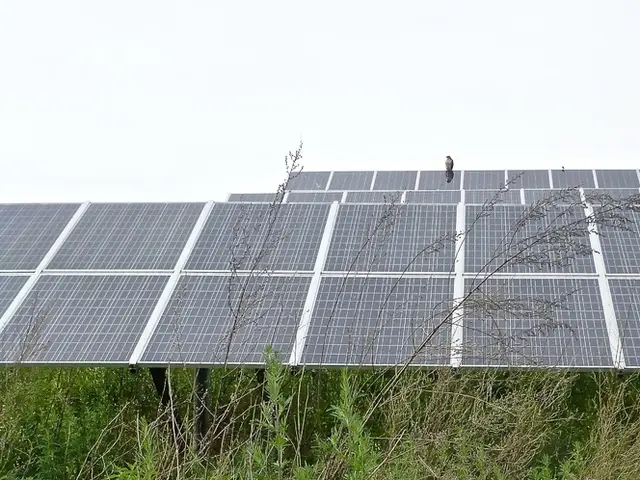PepsiCo Increases Recycled Material by 15% and Reduces Virgin Plastic Usage by 5% by 2024
PepsiCo Advances Sustainability Strategy with Progress in Plastic Reduction
PepsiCo, the global food and beverage company, has made significant strides in its sustainability efforts, as outlined in its 2024 ESG Summary. The company's strategy, PepsiCo Positive, encompasses three key areas: Positive Agriculture, Positive Value Chain, and Positive Choices.
In a notable development, approximately sixty of PepsiCo's markets have distributed products in packaging containing recycled plastic (rPET). The company has also set new sustainability goals, aiming for a minimum threshold of 40% recycled content in primary plastic packaging by 2035 or sooner.
In May, PepsiCo revised its packaging targets, acknowledging the limitations outside its control, such as a shortage of well-designed Extended Producer Responsibility (EPR) systems and India's law allowing rPET in beverage packaging.
PepsiCo reported a 15% increase in recycled plastic across its primary packaging in key markets between 2023 and 2024. The company is also working towards phasing out hard-to-recycle materials like non-recyclable labels.
In collaboration with the San Francisco 49ers, PepsiCo introduced reusable cups at Levi's Stadium. Fans are encouraged to return these reusable cups to designated bins for collection, sanitization, and re-distribution, a process overseen by Bold Reuse.
PepsiCo's executive vice president and chief sustainability officer, Jim Andrew, expressed satisfaction with the company's progress in 2024, stating that embedding sustainability into the company strengthens communities, the planet, and the business.
On a global scale, multiple international companies and countries, including ambitious states like Germany, the EU, Kenya, and the Philippines, are working on developing a global treaty to improve the recyclability and management of plastic packaging waste. This treaty aims to cover the entire plastic life cycle from production and design to disposal to address urgent plastic pollution problems and promote a circular economy.
The Alliance to End Plastic Waste, a global organization, has received US$610.89 million in funding from third parties and impact investors. Since 2019, the Alliance has reduced 239,985.48 tonnes of unmanaged plastic waste.
Tetra Pak, another significant player in the industry, has reduced greenhouse gas emissions across its value chain by 25% since 2019. However, no new facts about PepsiCo's sustainability progress were mentioned in the current paragraph.
PepsiCo is also a part of the Business Coalition for a Global Plastics Treaty, demonstrating its commitment to a sustainable future for plastic waste management. With these initiatives, PepsiCo continues to lead the way in sustainable practices within the food and beverage industry.
Read also:
- Industrial robots in China are being installed at a faster rate than in both the United States and the European Union, as the global market for these robots faces a downturn.
- EAFO Research Uncovers Crucial Elements in Electric Vehicle Adoption within the EU
- Excess Solar Energy in the Grid: Challenges for Photovoltaic System Owners
- Ramping Up: America's Electric Vehicle Sector's Swift Expansion
